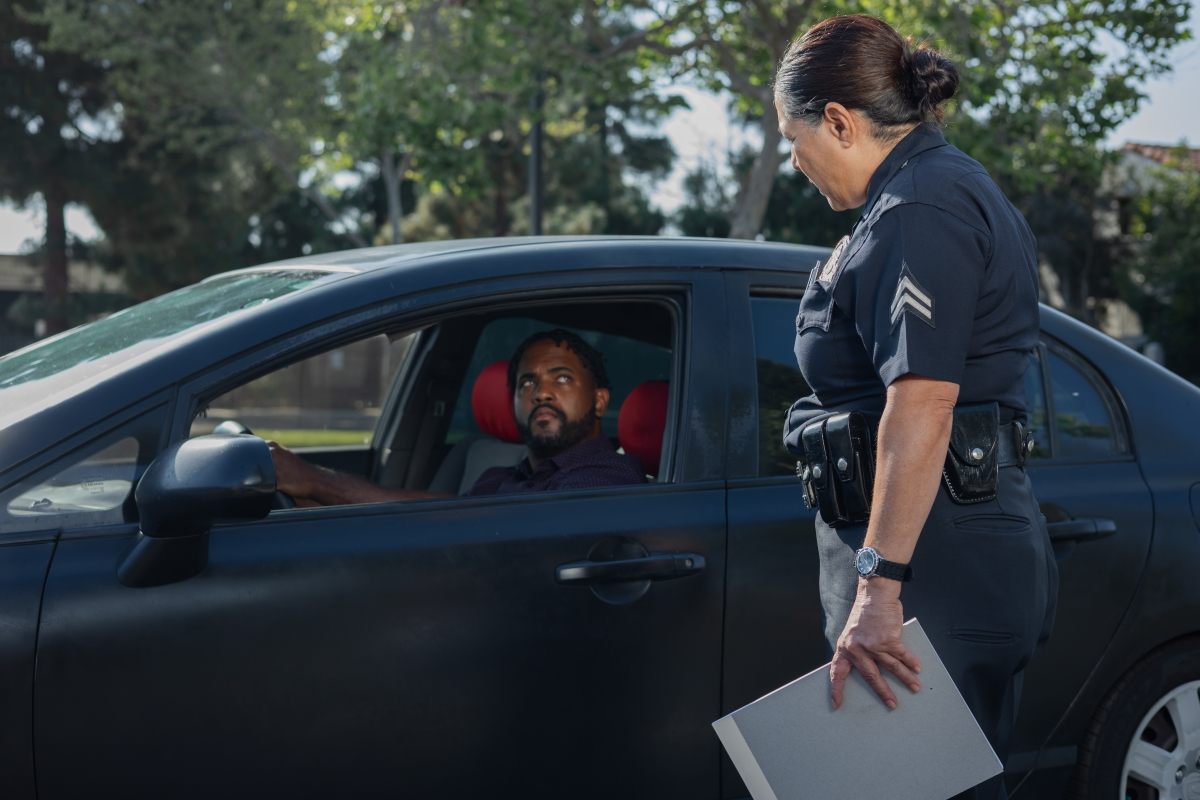Anyone who is arrested for driving under the influence (DUI) or driving while intoxicated (DWI) will be asked to take a series of tests to determine whether they are capable of safely operating a vehicle. These evaluations are commonly referred to as “ DUID” evaluations, short for Driving Under the Influence Evaluation. These tests check for various things including reaction time, hand-eye coordination, and general balance. Depending on your results, you may be required to attend further evaluation with a licensed therapist before your case can move forward.
The following article covers everything you need to know about DUI evaluations and how they can help your case. If you cannot hire an attorney right away, it is important that you know how this process works so that you can protect your own interests. This will help you understand what questions to ask when hiring an attorney and what things lawyers look for in their clients when considering taking on new cases.
What happens during a DUI Evaluation?
During the evaluation, you will sit in an office and take a series of tests. The most common test is to have you walk a straight line in a heel-to-toe manner for a specified distance. If you do not walk the line properly, it indicates that you may have had difficulty with balance and coordination. You may also be asked to stand on one foot for a specific amount of time. They will also look at things like your eye coordination, hand coordination, and response time.
They will also ask you some basic questions about your medical history, your alcohol use, and what medications you are currently taking. They will also want to know if you have any other substance abuse problems, particularly with drugs other than alcohol. You will be asked to provide urine and blood samples, and you may also be asked to provide a sample of your breath using a machine that is designed to detect alcohol in the breath.

Why is a DUI evaluation conducted?
The goal of the evaluation is to determine whether you were sober at the time of the arrest. Despite what many people think, the DUI evaluation is not designed as a punishment. Instead, it is a method by which a judge can determine whether you have the ability to safely drive a car. If you failed the breath test at the time of your arrest, you may be able to use this test to show that you were not too intoxicated to drive. If you did not take the breath test at the time of your arrest, the judge may order this evaluation to determine what level of intoxication you may have been at when you were driving. The results of the evaluation are treated as expert testimony in court, which means that the results are given a higher level of credibility compared to a regular person’s testimony.
What Happens During the Examination?
The examiner will ask you a series of questions to determine whether your level of intoxication was high enough to impair your judgment and reflexes to the point that you could not operate a vehicle safely. The results of the test will be compared to a chart that is designed to show how badly intoxicated you must be to fail each test. If you failed the test by a certain amount, the examiner will conclude that you are not safe to drive. The results of the evaluation are used to determine whether you should be required to attend treatment for alcohol abuse. If you are required to attend treatment, you may be able to get your charge dismissed if you complete the program.
Will I have to attend further treatment?
Some tests are designed to determine whether you are safe to drive. If you fail these tests, the court will almost certainly require you to attend treatment. Tests that can help you prove that you are safe to drive, however, cannot be used to prove that you are fit to attend treatment. If you passed these tests and the court determines that you are not safe to drive, you may still be able to argue that you deserve the opportunity to attend treatment without having to fail the tests that help prove you are safe to drive.
This is particularly true if you have been diagnosed with a medical condition that makes it difficult for you to pass the tests, such as a bad knee. If you have a condition that limits your ability to pass the tests, you can argue that you should be allowed to attend treatment even though you are not safe to drive. The court will have the final say on whether you can attend treatment and on what conditions, but it is important to raise the issue at the time of your evaluation and throughout your case.
Finding an evaluation site and therapist
Many evaluation sites provide free DUI evaluations. These are often run by organizations that receive funding from the state or federal government to provide assistance to people who could not otherwise afford to pay for the evaluation. If you cannot find one of these organizations, you may be able to find clinics or private therapists who provide the same service without cost. You can find these organizations either online or by asking around at local support groups like Alcoholics Anonymous (AA).
Conclusion
The DUI evaluation is an important part of your case. The results of the evaluation are treated as expert testimony in court and are given a high level of credibility. If you failed the breath test at the time of your arrest, you can use the evaluation as a defense to argue that you were not too intoxicated to drive. If you did not take the breath test at the time of your arrest, the evaluation can be used to determine what level of intoxication you may have been at when you were driving. If you pass the evaluation, you may be able to use that result to argue that you are safe to drive despite failing the breath test. The evaluation is an important part of any DUI case and can be used to protect your rights as a driver.

